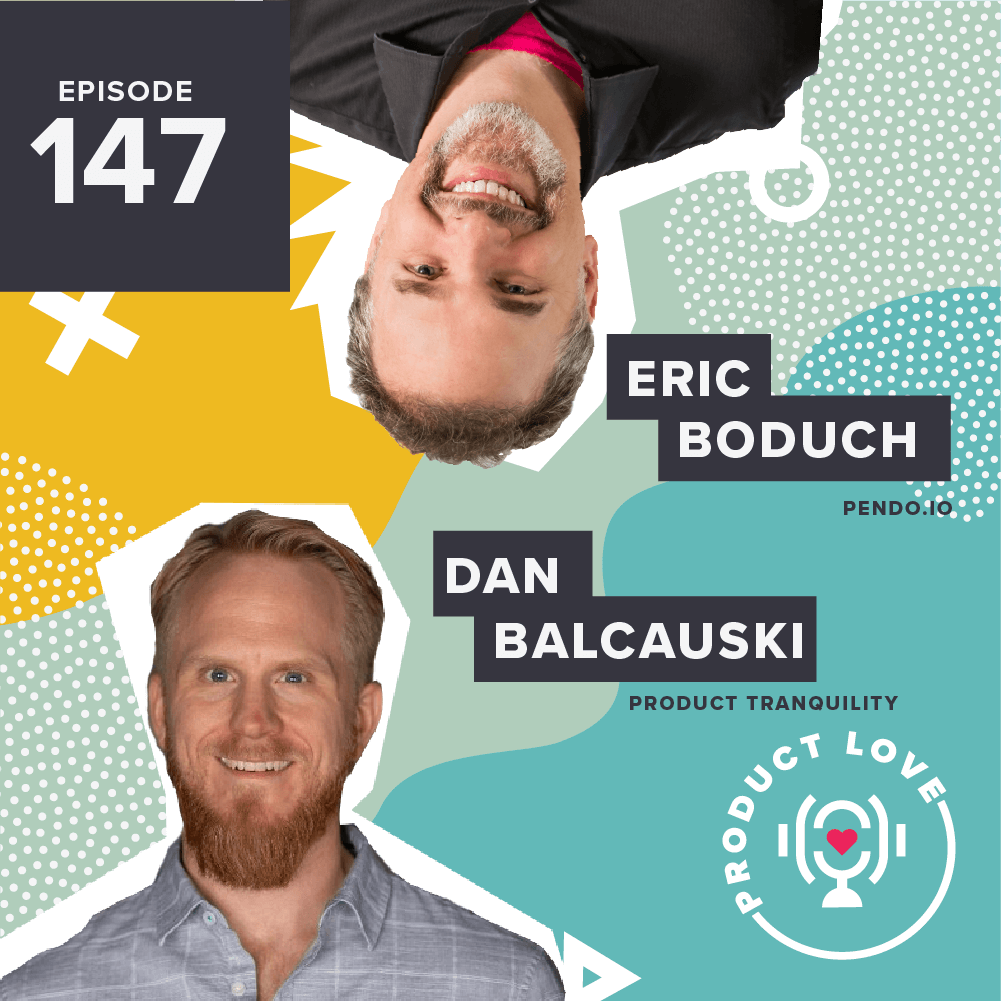Product Love Podcast: Ryan Singer, Head of Strategy at Basecamp and Author of Shape Up
This week on Product Love, I sat down with Ryan Singer, head of strategy at Basecamp. Basecamp is more than a project management tool. Think of it as a better way to work. It’s a platform that provides a much saner, calmer, and more organized way to manage projects and communicate company-wide.
Ryan’s been a guest on Product Love before. Check out the previous episode if you’re interested in hearing about how Ryan frames feature requests and how he thinks about agile.
So what has he been up to in the last year and a half? He’s written a book. Shape Up: Stop Running in Circles and Ship Work That Matters explores how Basecamp approaches product development. More than that, it’s a refreshing read that challenges the current agile culture and how we generally think about shipping software.
In this episode, we talk about some of the fundamentals of Shape Up, as well as Ryan’s thoughts on product management.
Shape Up
One of the most interesting things that Ryan covers in his latest book is the concept of shaping. Shaping is the pre-work that you do before a project is created. A small team of 2-3 people, or even just a single person, outlines the key elements of a solution and the most important boundaries of the work. Shaping saves us from the two traps we potentially fall into when we start a project. The first one is a wireframe, which gives us early, specific decisions to make. The other is writing a story, which ends up being too abstract.
This is where breadboarding and fat tip markering helps. Breadboarding helps us draw the key places we want the solution to go, and helps us design at the right level of abstraction. It’s a method that allows us to get the idea out of our heads. Then there are fat marker sketches, where you literally obstruct yourself from getting too technical. These sketches are made with such broad strokes (quite literally, using big Sharpies or the largest-diameter pen size on an iPad) that you can’t get into the nooks and crannies of every single detail.
Trade-offs and today’s product managers
We also spoke briefly about the right team size for project shaping. Ryan has stated that small senior teams make the most sense. Why? They probably have the most shared context and experience to make deliberate decisions on how to shape work. Imagine trying to make a decision with 20 people in the room — it’s just not possible to get everyone to agree on one thing with the same level of enthusiasm and passion.
Now, there are probably product managers who think that big decisions require a larger discussion group. But Ryan feels the opposite way. He says that today’s product managers can be too democratic. Everyone wants everyone to be involved, but we have to really consider how difficult it is to actually make critical decisions. Someone has to take responsibility.
On the topic of today’s product managers, he also believes that a lot of people in that role could really be called project managers. They’re chasing around people to do work in a time-efficient manner. Ryan suggests that these individuals should be called “professional time managers” instead. The core of shaping and shipping meaningful work should be the purview of product management.
Want to learn more about shaping? Ryan covers the process in great detail during this episode. Listen above and be sure to check out his book. Did I mention it’s free and online as well? Let’s get to shipping work that matters.


